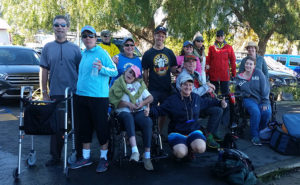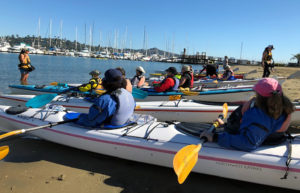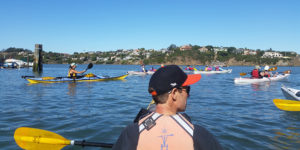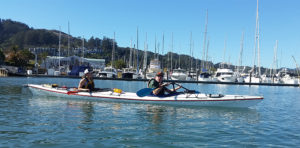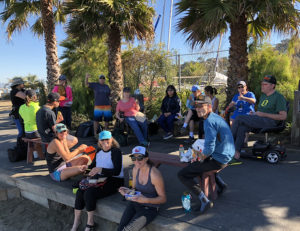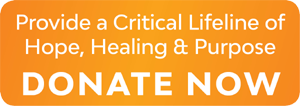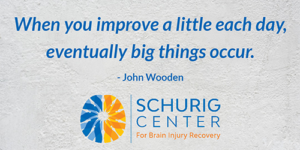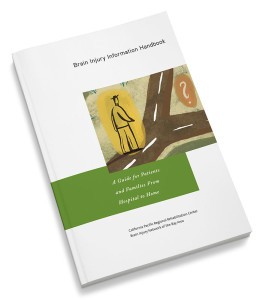Big shout out of gratitude to Environmental Traveling Companions (ETC) for an amazing day on the water!
Thanks to the awesome guides and adaptive equipment provided by ETC, a group of Schurig Center’s clients recently enjoyed a fun day of beautiful scenery, lots of blue sky, and a few sea lion friends while kayaking on Richardson Bay.
Environmental Traveling Companions believes that everyone, regardless of physical or financial limitations, should have the opportunity to experience the challenge and beauty of the wilderness. Through ETC adventures, participants overcome perceived limitations, attain greater personal freedom and confidence, and better understand themselves in relation to others and the environment.
Schurig Center is deeply grateful for this meaningful day of community connection and nature! Thank you friends at ETC!

